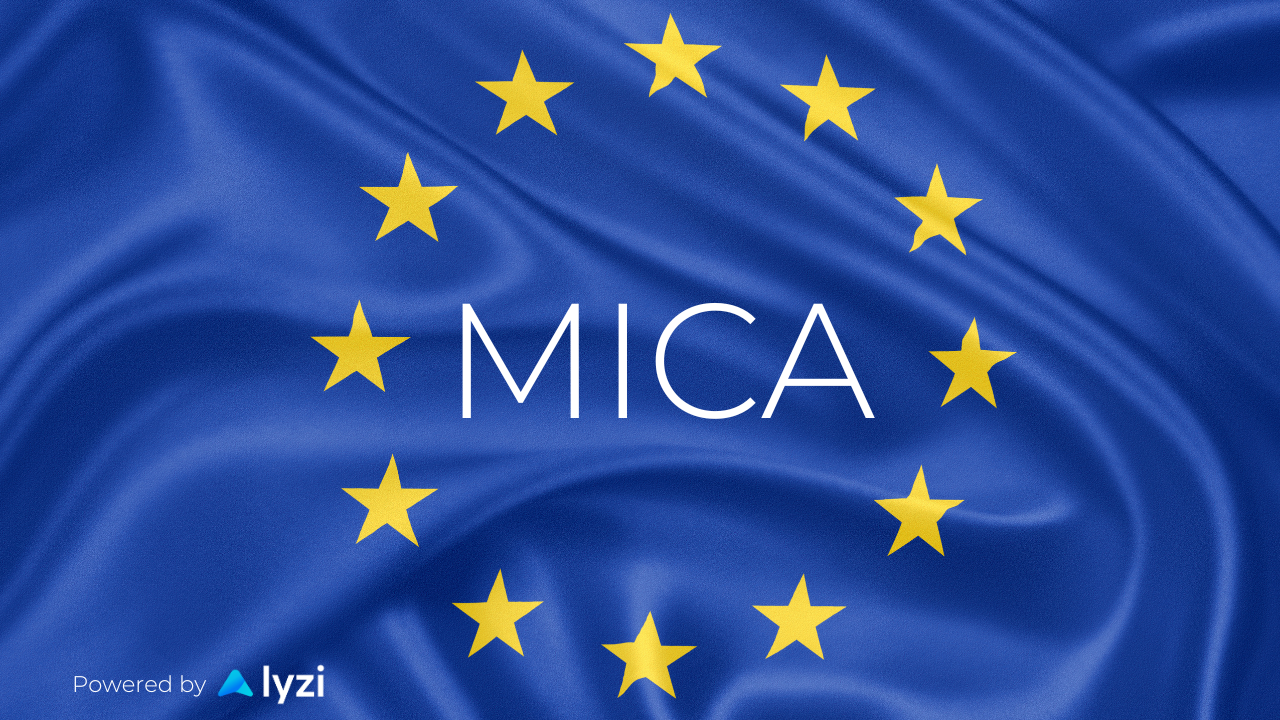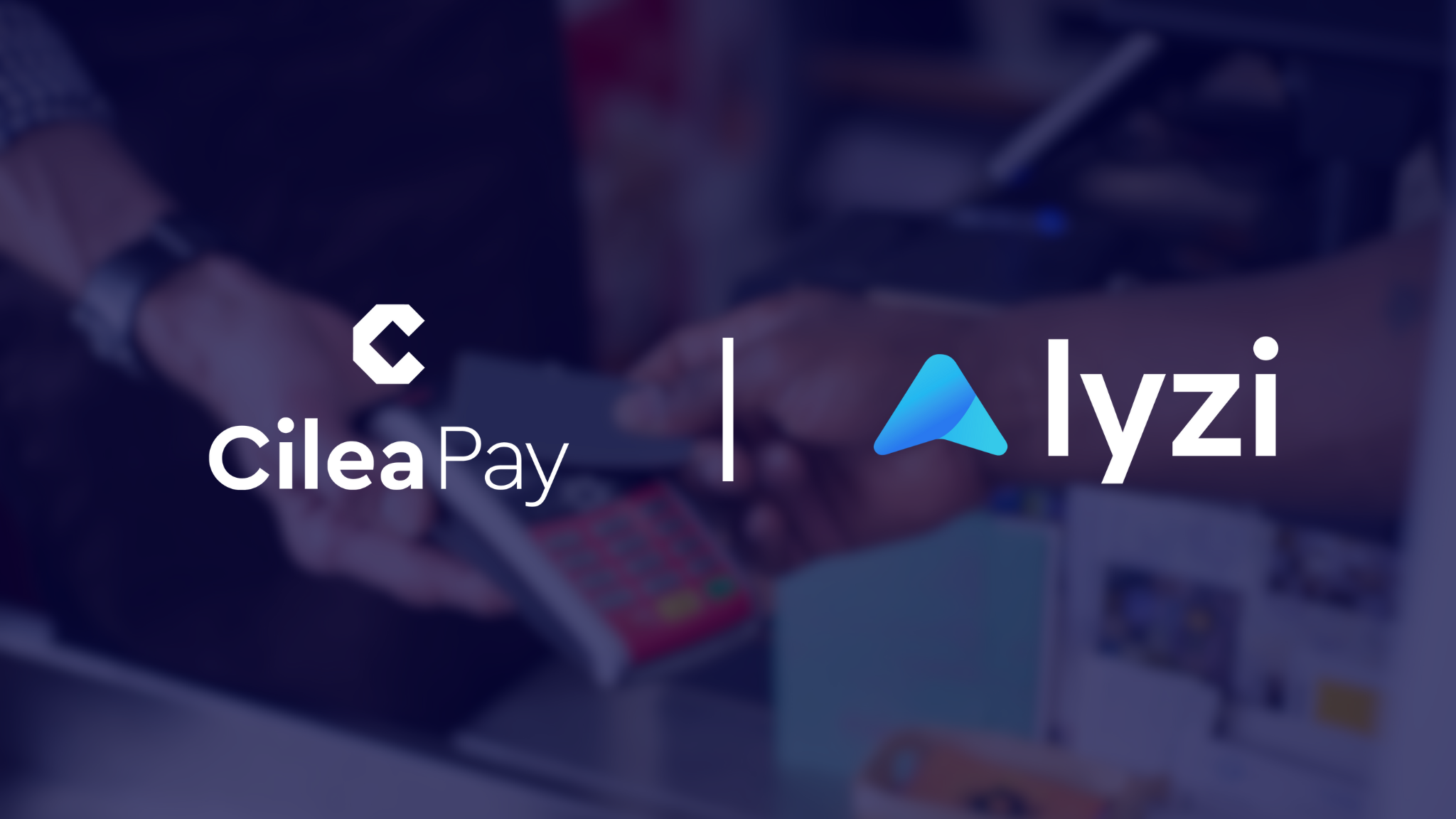
Crypto Regulation in France and Europe: What Traders Need to Know
Cryptocurrencies are now part of the global financial landscape. In France, as in the rest of Europe, their adoption is accelerating, including in physical and online commerce. But one question often arises among professionals: “Is it really legal to accept crypto payments?”
The answer is clear: yes, and the framework is even becoming more and more precise and reassuring.
This article takes stock of crypto regulations in France and Europe and what merchants need to know before integrating this new form of payment; in particular thanks to a simple and compliant solution like Lyzi.
A now well-defined legal framework
For a long time, cryptocurrencies operated in a regulatory gray area. But those days are over. In 2024, Europe took a major step forward with the MiCA (Markets in Crypto-Assets) regulation, which established a common framework for all member states.
Concretely, MiCA aims to:
- Supervise sector players (platforms, service providers, portfolios, etc.);
- Protecting consumers;
- Combating money laundering and fraud;
- And most importantly, provide clarity to anyone who wants to use or accept cryptocurrencies.
👉 This means that crypto payments are authorized and regulated, provided they use compliant solutions.

In France: an ecosystem already ahead of the curve
France was one of the first European countries to regulate crypto players, via the status of Digital Asset Service Provider (DAP).
Any player wishing to offer crypto-related services must register with the Autorité des Marchés Financiers (AMF), thus guaranteeing:
- Transparency in operations,
- A reinforced security framework,
- And strict compliance with European rules.
This allows merchants to have the certainty that the providers they use are legitimate and reliable.
Accepting Crypto Payments: What Does the Law Say?
For a merchant, accepting cryptocurrencies is perfectly legal, as long as the transaction respects certain rules:
- Payment must be made voluntarily by the customer (the merchant cannot impose crypto);
- The cryptos used must be recognized (such as Bitcoin, Ethereum or regulated stablecoins);
- And above all, the merchant must be able to convert the crypto into euros if he wishes, to simplify his accounting.
This is where Lyzi comes in.
Lyzi: a 100% compliant and secure solution
One of the major challenges for retailers is to remain within the legal framework while simplifying the management of their collections.
With Lyzi:
- All transactions are supervised by PSAN registered providers;
- Payments are converted into euros within 24 to 48 hours, eliminating any risk linked to volatility;
- And compliance with MiCA and AMF regulations is guaranteed.
Simply put, Lyzi allows merchants to accept crypto payments legally, securely and simply.
Why this regulation is good news
Rather than hindering innovation, European regulations aim to make it sustainable and credible.
It provides a clear framework where traders, customers and service providers can operate with confidence.
For businesses, this means:
- Less legal uncertainty,
- Greater security in transactions,
- And increased legitimacy with their customers.
Conclusion: crypto, finally regulated and accessible
The days of gray areas are over. In 2025, cryptocurrency payments will rely on a solid, transparent, and protective European framework.
For retailers, it's an opportunity to innovate while remaining within the rules.
With Lyzi, this transition is stress-free, risk-free, and in perfect compliance with French and European regulations.
👉 Accepting crypto is now simple, legal, and secure.
Want to offer crypto payments to your customers while remaining 100% compliant?
Find out how Lyzi can help you today.
Our last News

Lyzi x CileaPay: a strategic collaboration to democratize cryptocurrency payments

Myths and Realities: Common Misconceptions About Crypto Payments
